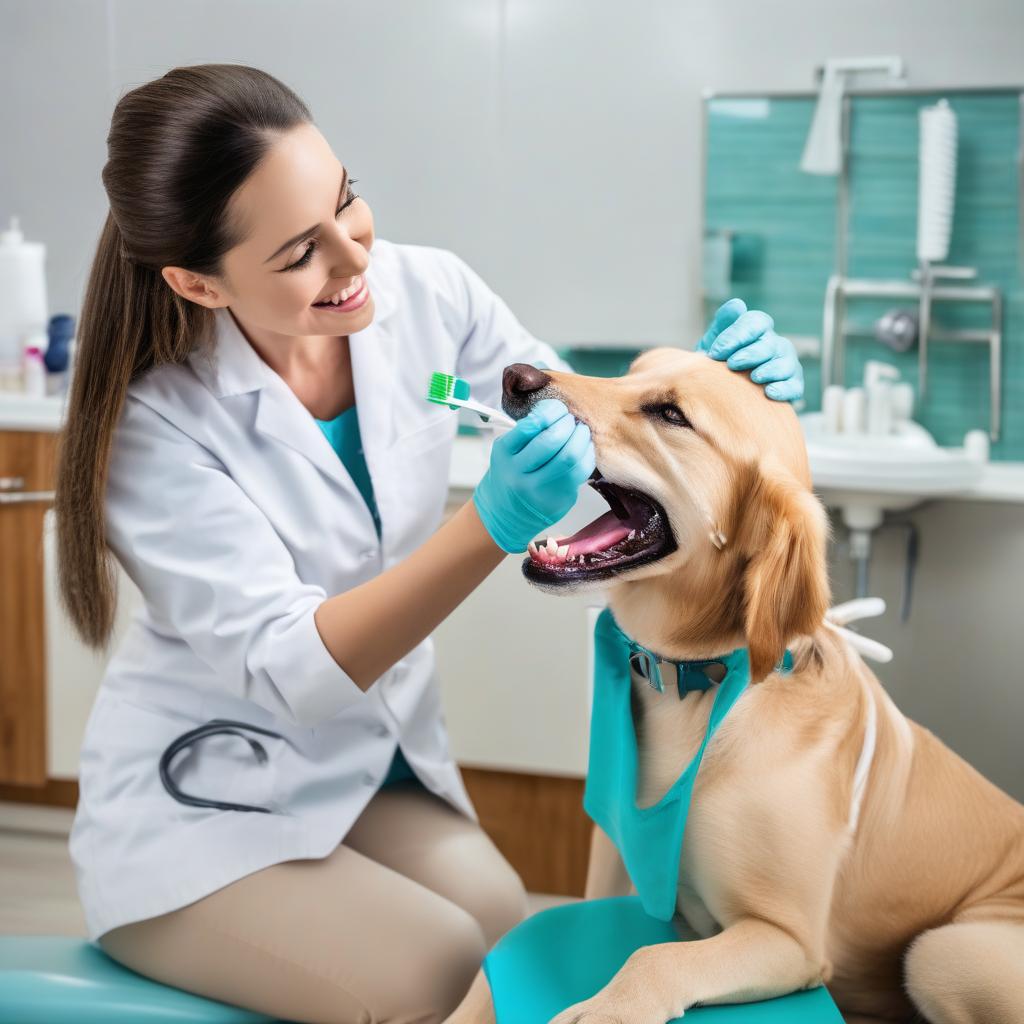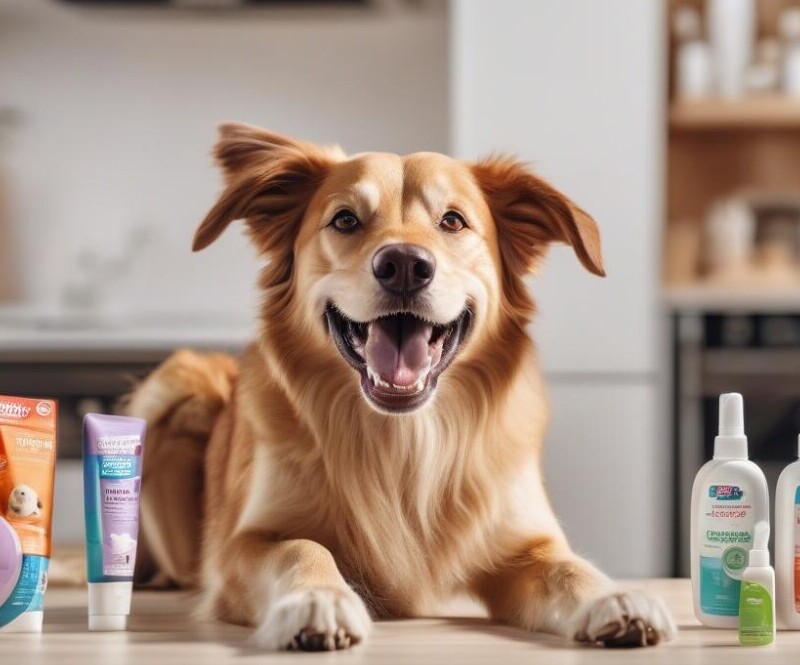You might not give much thought to your pet’s dental health, but it’s pretty crucial. Just like us, pets can suffer from various dental issues that, if left unchecked, can lead to bigger health problems. Understanding what’s going on in your pet’s mouth is the first step toward keeping them healthy and happy.
Pets can get into all sorts of dental trouble. Plaque and tartar build-up are top culprits, leading to gum disease. It’s not just bad breath – we’re talking gingivitis, periodontitis, and even tooth loss. Those aren’t fun for anyone, especially your furry friend.
These easy to use pet dental hygiene ideas will help your pets mouth and teeth stay healthy and strong, feel free to check them out here:
Knowing the symptoms can save you from major vet bills and keep your pet comfortable. Look out for bad breath, drooling, red or swollen gums, and difficulty eating. These signs are your pet’s way of telling you something’s up with their teeth.
Dogs and cats have different dental dynamics. Dogs tend to be more prone to plaque and tartar because of their varied diets and chewing habits. Cats, on the other hand, often deal with resorptive lesions (painful cavities) and gingivitis. Tailoring dental care to each pet’s needs is essential.
The Impact of Dental Health on Overall Well-being
Dental health isn’t just about a pretty smile or fresh breath. It plays a huge role in your pet’s overall well-being. Problems in the mouth can often lead to issues in other parts of the body.
You might not know this, but dental issues can affect the heart, kidneys, and liver. Bacteria from the mouth can enter the bloodstream and end up in these vital organs, causing infections and other serious conditions. It’s all connected.
Pets, just like humans, can experience pain from dental issues. This discomfort can lead to changes in behavior. They might be less playful, more irritable, or even become aggressive. Noticing these changes early can be a game-changer.
Catching and treating dental problems early on prevents a host of issues. Regular check-ups and cleaning can make a significant difference in your pet’s quality of life. Keep an eye out and don’t hesitate to consult your vet at the first sign of trouble.
Effective Dental Care Practices for Pets
Daily brushing is the cornerstone of good dental care. It might seem like a hassle, but it’s worth the effort. Use pet-specific toothbrushes and toothpaste – human ones aren’t safe for pets. Start slow and make it a positive experience for your pet, with lots of praise and treats.
Dental chews and treats are great allies in the fight against plaque and tartar. There are plenty of options on the market, but look for ones that have the Veterinary Oral Health Council (VOHC) seal of approval. Those are tested and proven to be effective.
Diet plays a significant role in dental health. Crunchy kibbles can help reduce plaque build-up, while wet foods might contribute more to plaque and tartar formation. Some pet foods are specifically designed to promote dental health, so it’s worth considering what you’re feeding your pet.
Professional dental cleanings at the vet are essential, too. The frequency depends on your pet’s age, breed, and dental health status. These cleanings usually involve anesthesia, so it’s a more in-depth process than at-home care and can make a big difference in maintaining oral health.
Preventive Measures and Long-term Dental Health Strategies
Routine dental check-ups are a must for keeping those pearly whites in shape. Your vet can spot issues that you might miss, like early signs of gum disease or tooth decay. Regular visits mean problems are caught early, making treatments simpler and more effective.
Pay attention to any changes in your pet’s behavior or eating habits. Drooling more than usual, favoring one side when chewing, or refusing food can be subtle hints something’s wrong. Catching these signs early can save your pet from pain and prevent costly procedures down the line.
Starting dental care routines when your pet is young sets the stage for a lifetime of good habits. Puppies and kittens adapt to brushing and dental check-ups more easily than older pets. It’s way easier to train young pets to accept daily brushing and regular vet visits.
Team up with your vet to create a personalized dental care plan for your pet. Every animal is different, so tailor your approach based on your vet’s recommendations. This plan will keep your pet’s teeth in top shape and help prevent future dental problems.



